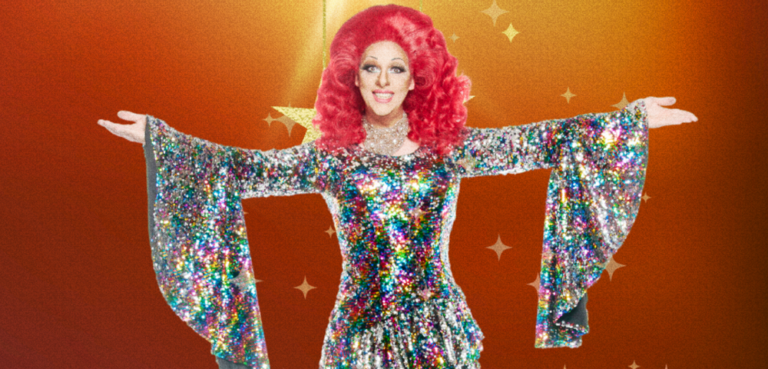
Fertility clinics: a path to achieving family dreams
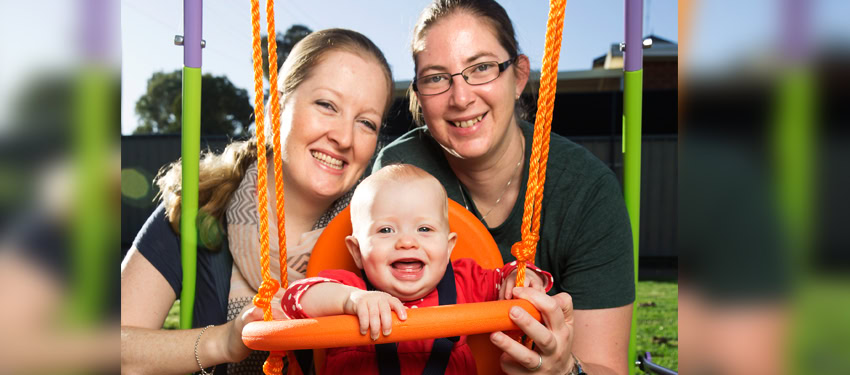
LOOKING back on their mindset before they welcomed their baby daughter into the world, Tara and Natalie Peterson admit they held a belief that fertility services would not be available to lesbian couples.
But they were delighted to have been proven wrong.
“I think initially we were a bit apprehensive about accessing fertility treatment as a same sex couple but we never encountered any issues,” said Natalie, who has been with Tara for nine years now.
“In fact, we were made to feel incredibly welcome and supported throughout the process. Actually, throughout the entire pregnancy we were treated equally by all our contact with medical professionals.”
For those in the LGBTI community who make the choice to have children, IVF has become an increasingly successful means by which to achieve this. In addition, organisations offering this service are now actively encouraging and reaching out to the community.
IVF Australia and Melbourne IVF, part of Australia’s largest fertility network Virtus Health, are two such organisations that have opened its doors and expertise to LGBTI people for several years, offering a reliable, safe and secure means to conceive children as opposed to at-home insemination.
IVF Australia medical director Associate Professor Peter Illingworth said couples considering either at-home insemination or fertility clinics should consider a few points before making their decision.
Firstly, he said at-home insemination posed a risk of infection, something which would not happen at clinics.
“In-clinic, all sperm donors — known or clinic-recruited — are thoroughly screened and quarantined before being released for treatment,” Illingworth said.
“All parties receive compulsory counselling to consider legislation and long term implications of being a donor or recipient (and) complex emotional and social issues are discussed as well as plans for future exchange of information and contact.
“(Finally,) security of access and information if you wish to have a genetic sibling for your child. Using a clinic-recruited donor will give you the best chance of accessing the same donor and you can be certain about the information and access your child will have to donor records if they request it.”
Laws surrounding the access of LGBTI people to reproductive services differ from state to state, but in Victoria, NSW and Queensland, there are no barriers.
“In some states, women in same-sex relationships are not legally allowed to access fertility treatments such as IVF unless they have a medical diagnosis of infertility. Similar barriers may also exist for single women regardless of sexuality,” Melbourne IVF fertility specialist Dr Melissa Cameron said.
“Surrogacy legislation also varies widely between states, and in some states surrogacy is not available, for either heterosexual or same-sex couples. In Victoria we are fortunate that our legislation allows access to fertility treatment regardless of sexuality. The legislation also allows for surrogacy arrangements to occur.
“Increasingly, we are seeing patients from interstate who wish to access treatment in Victoria as they are unable to in their home state and we are happy to assist these patients.”
In-clinic fertility services also place less stress and time-consumption for all parties involved.
“It can sometimes take many months or even years to get pregnant,” Cameron said.
“With home insemination this could mean a very long term commitment, requiring monthly donations. The logistics of this can be challenging at times and can result in ‘donor fatigue’.”
Ideally, during this time the donor should be abstaining from any high-risk behaviour, such as unprotected intercourse, as it could increase their chance of developing an STI or blood-borne disease. For some individuals, this may be difficult to adhere to.
“When using clinic services, the donations occur over a relatively short time — usually a period of weeks,” Cameron said.
“Once the sperm is frozen the donor is not usually required to redonate. The recipient is then able to access the sperm without requiring the monthly commitment from the donor.”
For Tara and Natalie, in-clinic insemination was the best and most viable option available to them.
“Even though we had known of people who had taken the DIY home insemination approach or used friends as donors, we were always pretty set on using a clinic to create our family,” Natalie said.
“We wanted to know that we had the best chance of falling pregnant while also having the medical and legal protections in place.
“We never really considered using a known donor because we were afraid of the complications that may arise from such an agreement and we both wanted to be the sole parents of our child, without a third party wanting to be involved. Using a fertility clinic just made sense to us and we felt confident with that choice.”
Illingworth highlighted that fertility services provided by clinics is also the ideal option for older single lesbians and couples, given issues that can emerge with age.
“When lesbian couples are trying to conceive artificial insemination is often the first choice of treatment however due to the age of the mother or existing reproductive conditions such as polycystic ovarian syndrome, endometriosis or tubal disease, IVF may be recommended as the best course of treatment to give you the best chance of success,” he said.
“Additionally, some couples choose IVF because they wish to egg share. This is where the eggs of one partner are used in an IVF cycle to create embryos that are then transferred into the other partner with the result that one parent is the biological mother and the other is the birth mother.”
Both IVF Australia and Melbourne IVF also provide assistance to gay men who wish to undertake surrogacy.
“We have had the great pleasure to be involved in a number of very strong surrogacy arrangements… with great outcomes,” Illingworth said.
“Our support of gay couples through surrogacy includes explaining the processes involved, putting the couples in touch with expert legal and psychosocial services and finally providing the medical and technical expertise necessary to make it possible.”
For Natalie and Tara, it may have taken three attempts before they were successful with the birth of their daughter Ruby, but they firmly believe in-clinic fertility services offer LGBTI people the best and safest means to have children.
“Now that we have our daughter, all the appointments, tests and money spent were worth it,” Natalie said.
“We have no regrets with using a clinic or doing IVF… We are so lucky that we have been able to access such fertility treatment as a same sex couple.
“I think it is also important to note that even though the process was orchestrated by a clinic, it was still incredibly special when we got our positive pregnancy test.
“We had a team of people crossing their fingers for us each time, supporting us when we had negative results and celebrating with us when we did fall pregnant. It really has been a wonderful experience and hopefully it will be the same again when we go back again to try for number two.”
For more information, visit ivf.com.au or mivf.com.au
__________________
OTHER STORIES ABOUT RAINBOW FAMILIES:
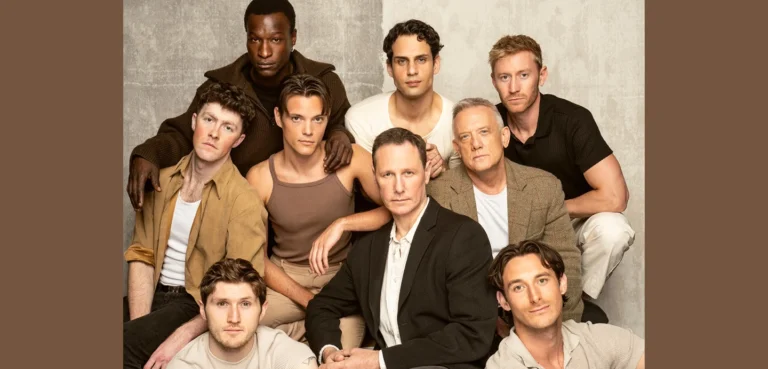
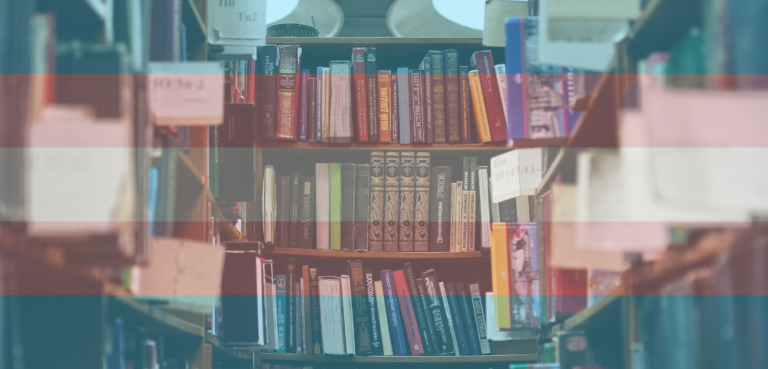
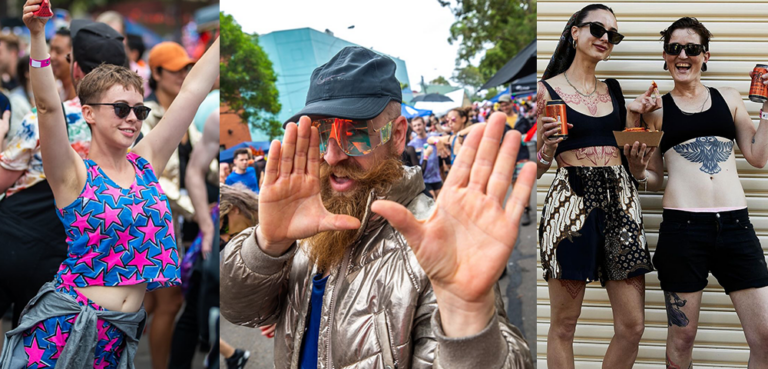
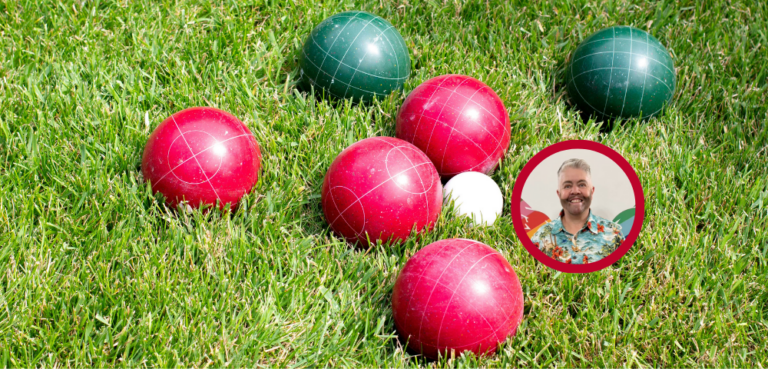
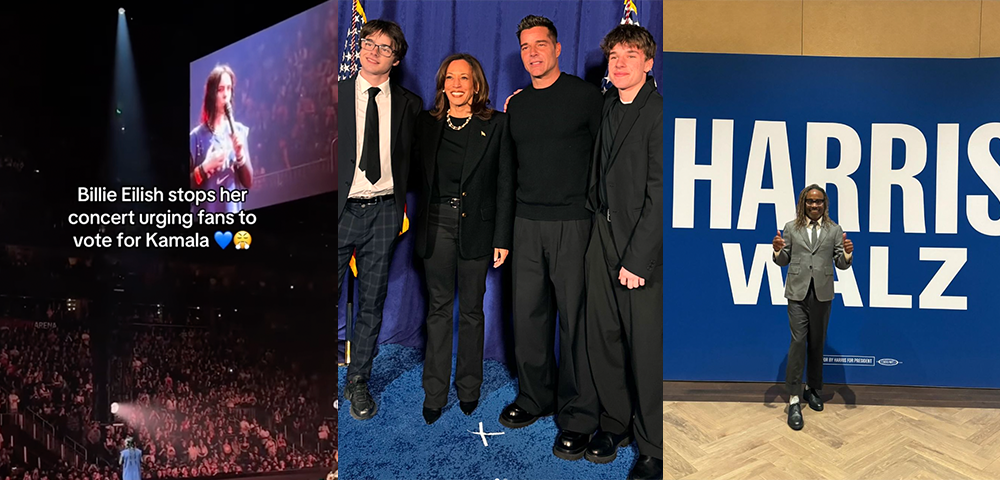


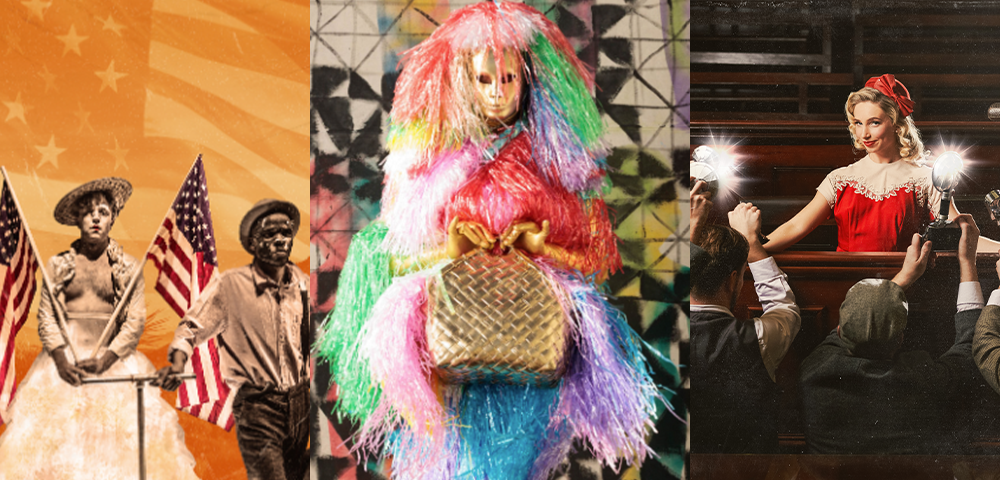
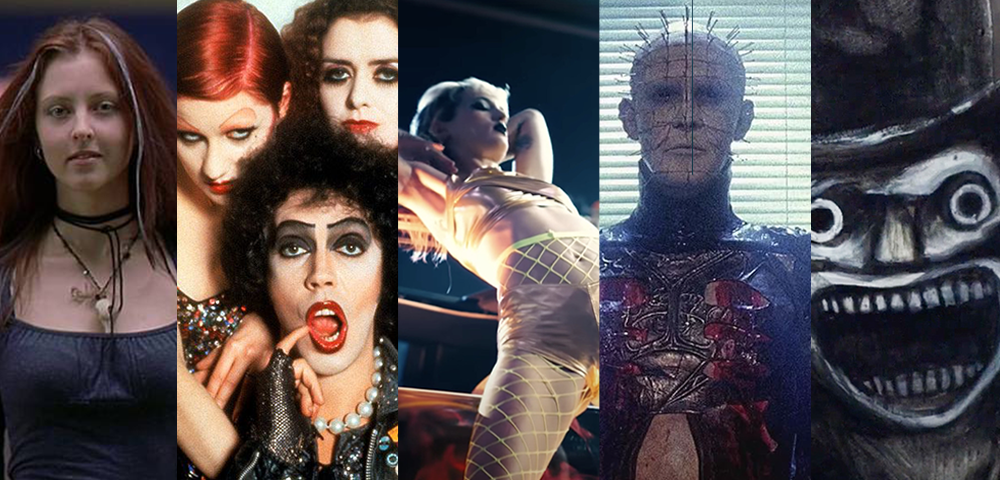
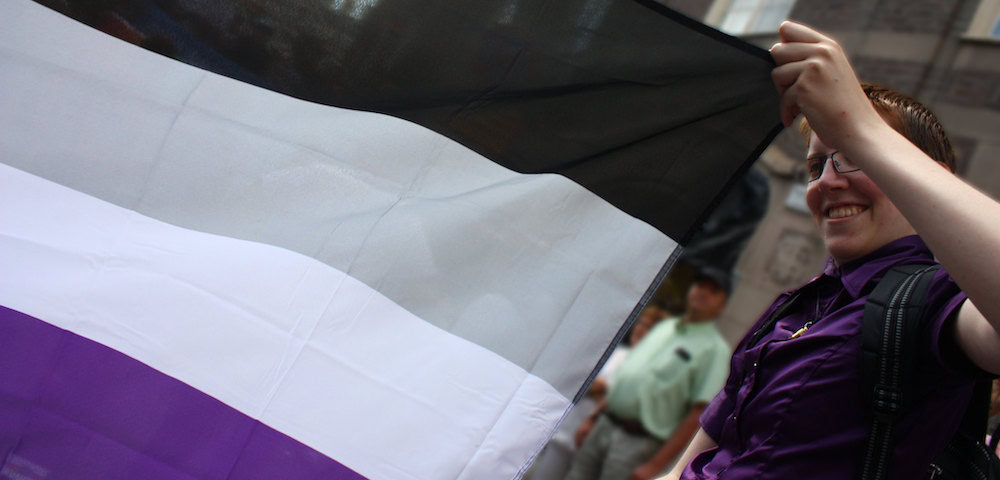
Please share so we can get our dream
http://www.gofundme.com/ur5af8
A lot more needs to be done though to make surrogacy both legal and affordable (access to medicare).
This quote is incorrect:
“In some states, women in same-sex relationships are not legally allowed to access fertility treatments such as IVF”
Only South Australia still bans single women and lesbians access to IVF or fertility treatments since 1988!
Also NT, VIC, QLD and SA still bans same-sex couples the adoption of children. Both VIC and SA are reviewing their legislation as we speak!
SSO please get your facts straight!